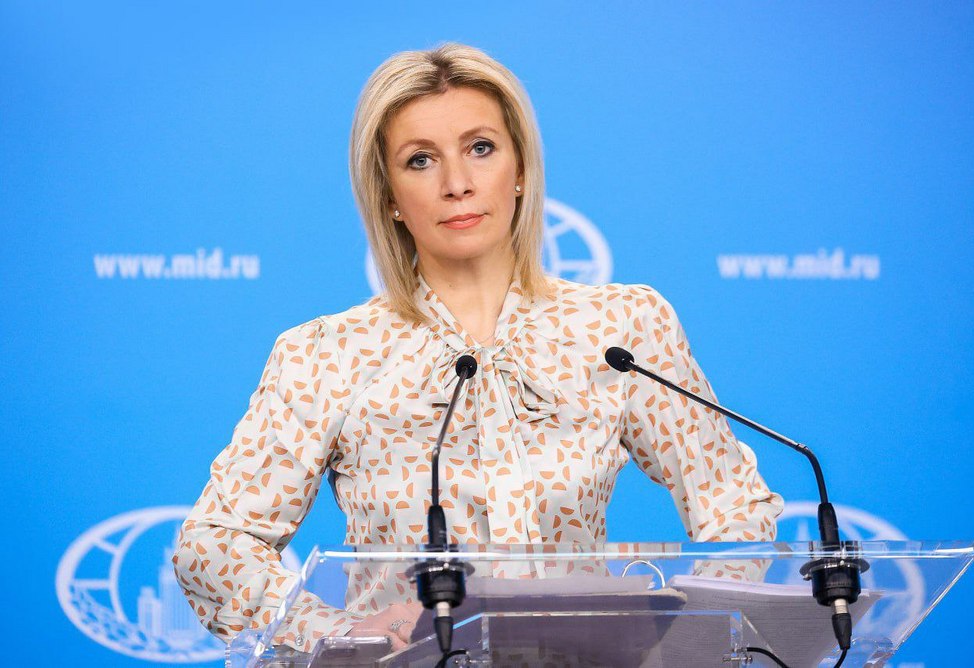Conflict, Security and Development
14.04.2011,
19:22
Afghanistan. Bosnia. Haiti. Liberia. Rwanda. Sierra Leone. Southern Sudan, Timor Leste. Iraq. Although each is different, they have all struggled to move beyond conflict and fragility to secure development.
YEREVAN, April 14. / ARKA /. Afghanistan. Bosnia. Haiti. Liberia. Rwanda. Sierra Leone. Southern Sudan, Timor Leste. Iraq. Although each is different, they have all struggled to move beyond conflict and fragility to secure development. Paul Collier’s book The Bottom Billion highlighted their recurrent cycles of dangers. Not one low income country coping with fragility or conflict has yet achieved a single Millennium Development Goal.
These countries stir our shared interests and values. They have called on soldiers and monies from countries that have then struggled to counter violence that overflows the borders of fragile states, because conflicts feed on narcotics, piracy, and gender violence, and leave refugees and broken infrastructure in their wake. Their territories can become breeding grounds for far-reaching networks of violent radicals and organized crime.
Yet as we are now seeing again in the Middle East and North Africa, violence in the 21st Century differs from 20th Century patterns of interstate conflict and methods of addressing them. Stove-piped government agencies have been ill-suited to cope, even when national interests or values prompt political leaders to act. To offer some ideas and practical recommendations, the World Bank Group is releasing a World Development Report, “Conflict, Security, and Development” that looks across disciplines and experiences drawn from around the world.
As the Report makes clear, the old ways won’t work. The overriding objective is to build legitimate institutions that can provide a sustained level of citizen security, justice, and jobs. Progress in these core areas, and coordination among the activities, build a foundation for broader and better change. At the earliest stages, countries need to restore public confidence in basic collective action before even rudimentary institutions can be built or transformed.
A fragile state cannot restore confidence through government alone. It needs to build cooperative, “inclusive-enough” coalitions drawing on groups that bring political legitimacy, financial and technical resources, and which will continue to press for deeper institutional transformation. These may include business, labor, women’s or other civil society groups. The push for inclusion need not include every group. And inclusion needs to be balanced with efficiency, results, and – where it is important to signal a break with the past -- justice and legitimacy.
Early wins – actions that can generate quick, tangible results – are critical to building confidence that will enable the extension of national capacity over time. In Kosovo, highway security paved the way to increased trade and consequently jobs. In Liberia, basic improvements in security and electricity, along with steps against corruption, were central. These quick successes must be compatible with, rather than undermine, longer-term efforts to strengthen institutions. If services and public works are delivered only through well-meaning international partners or top-down national programs, the country will not build the local institutions or support that are key to sustaining recovery through inevitable challenges and changing conditions.
Early wins also need to be pragmatic “best-fit” reforms that allow for flexibility and innovation; they need to adapt to local conditions rather than being technically perfect. In some cases, “best-fit” may entail “second best” implications. A good example is Lebanon’s decision to rely on small private sector networks of providers to restore electricity following the civil war – a tradeoff between using a non-governmental capacity with high unit costs but getting fast results.
International agencies and partners from other countries must adapt procedures so that assistance can be swift enough to provide for early wins and pragmatic enough to allow for best-fit reforms. Integrated assistance, especially through multi-donor trust funds, enables countries with weak capacity to connect help to priorities, reinforce mutual gains across topics, and build national ownership. Coordinated international help is vital to counter external stresses that can fuel fragility and violence, such as trafficking and illicit financial flows, food insecurity and resource shocks.
We also need to fill in major structural gaps. There are places where fragile states can seek help to build an army, but not police forces or corrections systems (although the UN has had an initial trial). The World Bank could help by doing more to build civilian justice systems. We also need to place more emphasis on early projects to create jobs, especially through the private sector. We need a better “handoff” between humanitarian and development agencies, too. All these projects involve risks. If legislatures and inspectors expect only the upside, and just pillory the failures, institutions will steer away from the most difficult problems or strangle themselves with procedures and committees to avoid responsibility.
Lastly, we need to be realistic: historically, even the fastest transformations have taken a generation. New technologies may accelerate the timeline, either through improved service delivery options (such as using cell phones to deliver payments) or greater transparency and access to information through social networking (as we have seen most recently in the Middle East). But we still need to measure progress in terms of decades rather than years. Even at this pace, the results can make a huge difference.
The author is the President of the World Bank Group Robert Bruce Zoellick
These countries stir our shared interests and values. They have called on soldiers and monies from countries that have then struggled to counter violence that overflows the borders of fragile states, because conflicts feed on narcotics, piracy, and gender violence, and leave refugees and broken infrastructure in their wake. Their territories can become breeding grounds for far-reaching networks of violent radicals and organized crime.
Yet as we are now seeing again in the Middle East and North Africa, violence in the 21st Century differs from 20th Century patterns of interstate conflict and methods of addressing them. Stove-piped government agencies have been ill-suited to cope, even when national interests or values prompt political leaders to act. To offer some ideas and practical recommendations, the World Bank Group is releasing a World Development Report, “Conflict, Security, and Development” that looks across disciplines and experiences drawn from around the world.
As the Report makes clear, the old ways won’t work. The overriding objective is to build legitimate institutions that can provide a sustained level of citizen security, justice, and jobs. Progress in these core areas, and coordination among the activities, build a foundation for broader and better change. At the earliest stages, countries need to restore public confidence in basic collective action before even rudimentary institutions can be built or transformed.
A fragile state cannot restore confidence through government alone. It needs to build cooperative, “inclusive-enough” coalitions drawing on groups that bring political legitimacy, financial and technical resources, and which will continue to press for deeper institutional transformation. These may include business, labor, women’s or other civil society groups. The push for inclusion need not include every group. And inclusion needs to be balanced with efficiency, results, and – where it is important to signal a break with the past -- justice and legitimacy.
Early wins – actions that can generate quick, tangible results – are critical to building confidence that will enable the extension of national capacity over time. In Kosovo, highway security paved the way to increased trade and consequently jobs. In Liberia, basic improvements in security and electricity, along with steps against corruption, were central. These quick successes must be compatible with, rather than undermine, longer-term efforts to strengthen institutions. If services and public works are delivered only through well-meaning international partners or top-down national programs, the country will not build the local institutions or support that are key to sustaining recovery through inevitable challenges and changing conditions.
Early wins also need to be pragmatic “best-fit” reforms that allow for flexibility and innovation; they need to adapt to local conditions rather than being technically perfect. In some cases, “best-fit” may entail “second best” implications. A good example is Lebanon’s decision to rely on small private sector networks of providers to restore electricity following the civil war – a tradeoff between using a non-governmental capacity with high unit costs but getting fast results.
International agencies and partners from other countries must adapt procedures so that assistance can be swift enough to provide for early wins and pragmatic enough to allow for best-fit reforms. Integrated assistance, especially through multi-donor trust funds, enables countries with weak capacity to connect help to priorities, reinforce mutual gains across topics, and build national ownership. Coordinated international help is vital to counter external stresses that can fuel fragility and violence, such as trafficking and illicit financial flows, food insecurity and resource shocks.
We also need to fill in major structural gaps. There are places where fragile states can seek help to build an army, but not police forces or corrections systems (although the UN has had an initial trial). The World Bank could help by doing more to build civilian justice systems. We also need to place more emphasis on early projects to create jobs, especially through the private sector. We need a better “handoff” between humanitarian and development agencies, too. All these projects involve risks. If legislatures and inspectors expect only the upside, and just pillory the failures, institutions will steer away from the most difficult problems or strangle themselves with procedures and committees to avoid responsibility.
Lastly, we need to be realistic: historically, even the fastest transformations have taken a generation. New technologies may accelerate the timeline, either through improved service delivery options (such as using cell phones to deliver payments) or greater transparency and access to information through social networking (as we have seen most recently in the Middle East). But we still need to measure progress in terms of decades rather than years. Even at this pace, the results can make a huge difference.
The author is the President of the World Bank Group Robert Bruce Zoellick



